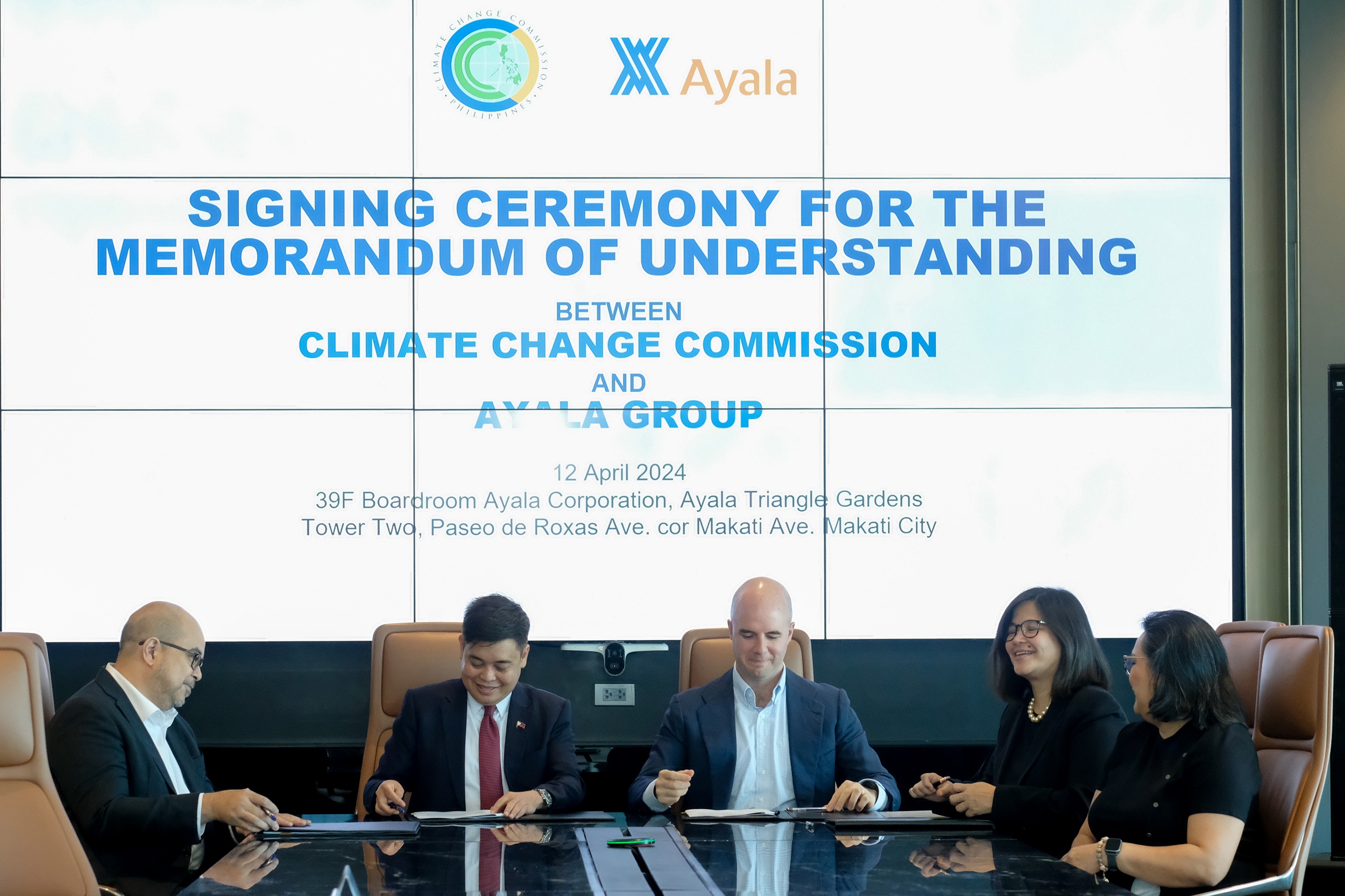
# WHO Urges Immediate Action on Health at COP29: Eliminate Fossil Fuels, Emphasize People-Focused Adaptation and Resilience
As the globe approaches the 2024 UN Climate Change Conference (COP29) in Baku, Azerbaijan, the World Health Organization (WHO) has made a resounding appeal to world leaders: the time has come to abandon fossil fuel dependency and prioritize human health in climate initiatives. In its newly released **[COP29 Special Report on Climate and Health](https://cdn.who.int/media/docs/default-source/environment-climate-change-and-health/cop29-special-report_full.pdf?sfvrsn=dd2b816_5)**, the WHO passionately urges for cohesive strategies that protect both human and planetary health, especially by enhancing climate adaptation and improving resilience for communities most affected by environmental changes.
### A Health-Focused Perspective on Climate Action
Central to the WHO’s proposals is a powerful declaration from Dr. Tedros Adhanom Ghebreyesus, WHO’s Director-General: “The climate crisis **is** a health crisis.” Emphasizing this notion, the WHO asserts that embedding health as a fundamental element of climate discussions is not merely a moral obligation or legal duty but a strategic imperative. By prioritizing health outcomes, one can unlock “transformative health benefits” for a fairer and more sustainable future, Dr. Tedros argues, calling upon leaders at COP29 to incorporate health aspects into every plan for both mitigating and adapting to climate change.
The report, crafted in partnership with over 100 organizations and 300 experts, outlines a thorough strategy across three interconnected areas—**people, place, and planet**—offering detailed advice on safeguarding the most vulnerable groups from the severe health consequences of climate change. Importantly, the WHO draws attention to the estimated **3.6 billion individuals** living in areas particularly vulnerable to climate effects, highlighting that existing systems inadequately prepare for the health ramifications of a warming world.
### Major Recommendations from the COP29 Special Report
The WHO stresses that to achieve significant advancement, policymakers need to abandon the conventional, compartmentalized view of treating climate change and health as disconnected issues. The **COP29 Special Report** emphasizes several essential actions:
1. **Place health at the forefront of climate achievements**: Health and well-being should be prioritized as essential metrics of successful climate action. Governments are encouraged to develop people-centered adaptation initiatives and resilience-building strategies that could avert millions of climate-induced health crises each year.
2. **Cease reliance on fossil fuels**: The WHO demands the termination of fossil fuel subsidies and swift discontinuation of dependence on fossil fuels. Reallocating funding towards clean, sustainable energy options can simultaneously alleviate pollution-related health issues, decarbonize health infrastructures, and reduce global carbon outputs.
3. **Mobilize funding for climate-health initiatives**: Targeted financial investments are crucial to constructing **climate-resilient health systems**—vital for safeguarding health and preserving lives amid climate crises. The WHO indicates that solutions like heat-health alert systems, clean home energy, and efficient fossil fuel pricing could save **2 million lives** per year and offer a **$4 return for every dollar spent**.
4. **Enhance urban health outcomes**: With cities housing the majority of the global population and being highly vulnerable to the intersection of climate and health challenges, the report advocates for greater **sustainable urban development** that incorporates clean energy, resilient infrastructure, and improved sanitation, all contributing to healthier and more robust urban communities.
5. **Restore ecosystems and biodiversity**: Addressing challenges ranging from heatwaves to food security, the WHO emphasizes the need to invest in natural ecosystems to confer extensive health advantages. Efforts to restore environments, preserve green areas, and ensure clean air and water are crucial for a sustainable future wherein humans and nature coexist beneficially.
### WHO’s Enhanced Guidance and Action on NDCs
At the foundation of the WHO’s new technical directive – **[Healthy Nationally Determined Contributions (NDCs)](https://cdn.who.int/media/docs/default-source/environment-climate-change-and-health/quality-criteria-for-integrating-health-into-ndcs-7nov2024.pdf?sfvrsn=ccd3e050_6)** – lies a call for better integration of health priorities within **Nationally Determined Contributions**, the plans that countries must submit under the Paris Agreement. While health is acknowledged as a priority in over 90% of these NDCs, a minority of countries provide concrete strategies and plans to capitalize on the health advantages of climate mitigation or adaptation, much less safeguard against health threats heightened by climate change.
To address this shortfall, the WHO’s technical guidance presents actionable solutions for ministries of health, environment, and additional sectors like energy and transportation. The aim is to assist these sectors in weaving health and climate considerations into national frameworks. The guidance outlines a strategy for leadership, health system